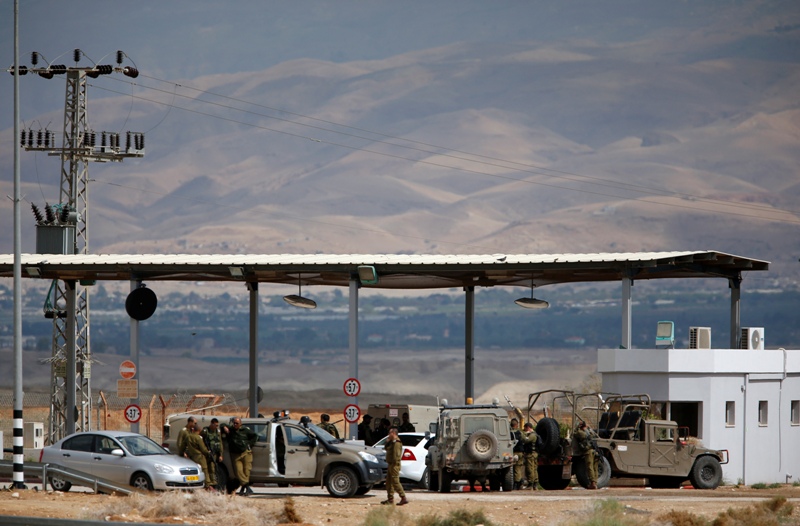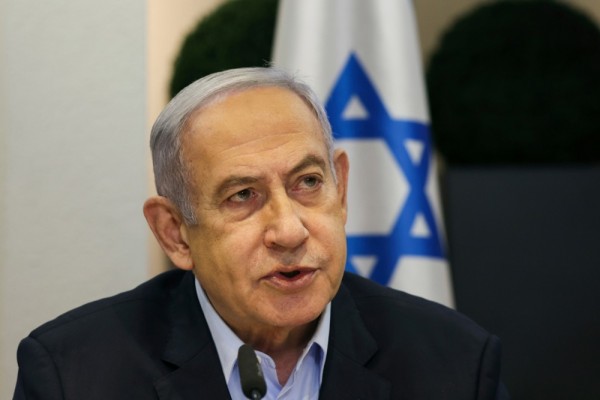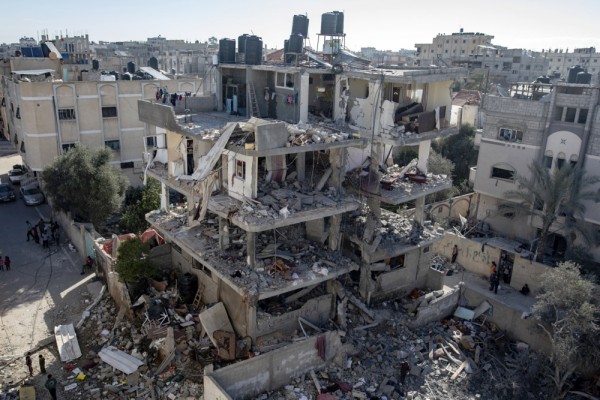The International Press Institute (IPI) today condemned Israel’s three-month extension of its administrative detention without trial of Palestinian journalist Omar Nazzal and reiterated its demand that the journalist be allowed to know why he is being held and contest the accusations against him, or be freed immediately.
Nazzal, a leading member of the Palestinian Journalists Syndicate, was arrested on April 23 at an Israeli-controlled border crossing between the West Bank and Jordan as he was travelling to Sarajevo to attend an international conference of the European Federation of Journalists (IFJ).
The veteran journalist was ordered detained for four months without trial on May 2 and had been due for release on Aug. 22. However, Nazzal’s lawyers said he would not be released because the Israeli army requested to extend the journalist’s remand.
Nazzal, 54, headed Palestine Today, a TV station affiliated with the militant group Islamic Jihad, for five months, but resigned shortly before Israel shut the broadcaster down earlier this year. He also had ties to the Popular Front for the Liberation of Palestine (PFLP), a small PLO faction that Israel has labelled a terrorist group.
At the time of his arrest, a military spokesperson said Nazzal was suspected of engaging in “unlawful activity” for the PFLP. A military prosecutor reportedly acknowledged that he lacked evidence to bring charges against Nazzal, but convinced a military court that classified evidence justified placing Nazzal in administrative detention. The decision means that Nazzal can neither learn what specific accusations he faces, nor challenge those claims or any evidence that allegedly supports them.
IPI criticised the three-month extension of Nazzal’s detention and urged military officials to either present evidence implicating the journalist in wrongdoing or release him.
“The extension of the administrative detention of a well-known journalist and defender of journalists is unacceptable,” IPI Executive Board Member and World Press Freedom Hero Daoud Kuttab said. “Any person being held must be charged and a judge is to decide this person’s detention. When detention without charge or trial occurs to a well-known journalist, it opens up suspicion that the act is done for reasons connected to his profession, not for any security reason.”
Israeli law limits administrative detention orders to six months in length, but the orders can be renewed without limit, leading potentially to indefinite detention without charge. According to the Palestinian Journalists Syndicate, Israel is currently holding 19 Palestinian journalists or journalism students in administrative detention, one of whom has been held for more than 20 years.
Nazzal has reportedly been on hunger strike since Aug. 4 in protest against his confinement as well as the Israeli policy of administrative detention.
“Omar Nazzal and all of the detained journalists should be allowed to know why they are being held, should be given a fair hearing and should be released immediately if authorities cannot show that they present a security danger,” IPI Director of Advocacy and Communications Steven M. Ellis said.



